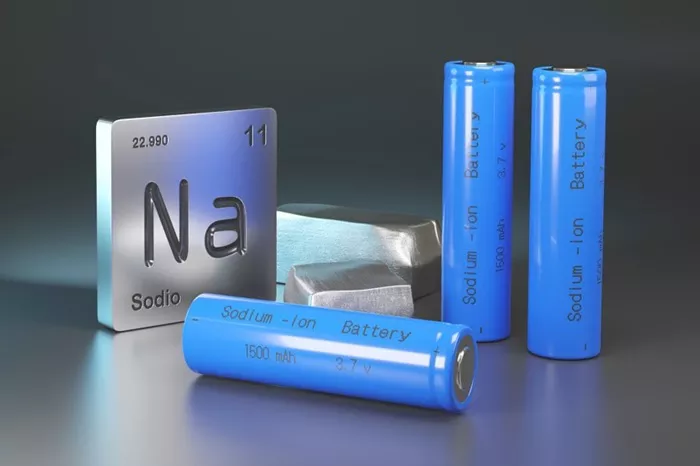Sodium-ion batteries, a next-generation secondary battery, are gaining attention as a potential alternative to lithium-ion batteries. Following disruptions in the supply chain due to the COVID-19 pandemic in 2022 and rising lithium prices, expectations for sodium-ion batteries have been growing.
However, a new analysis suggests that, with current technology, sodium-ion batteries are not yet capable of fully replacing lithium-ion batteries. The research team “STEER,” which includes experts from Stanford University, released their findings in the journal Nature Energy on January 13. The study concluded that sodium-ion batteries need several technological advances and favorable market conditions, rather than just expanded production, to compete with lithium-ion batteries.
Sodium-ion batteries have certain advantages. Sodium is abundant, with reserves over 1,000 times greater than lithium, and it is easier to mine and refine. Sodium also has lower reactivity than lithium, offering better electrochemical stability in batteries and maintaining performance in low temperatures.
However, sodium-ion batteries face challenges, including lower energy density, shorter lifespans, and complex manufacturing processes, all of which have hindered their widespread commercialization.
Related topics:
- Eco-Friendly Approach Boosts Lithium-Ion Battery Performance
- Pure Lithium Announces Breakthrough in Lithium Metal Battery Technology
- Arizon Off-Grid Unveils New 25.6V Lithium Battery

